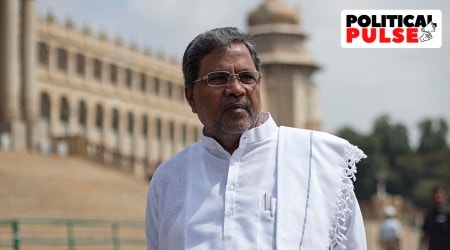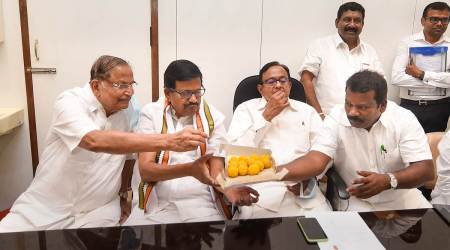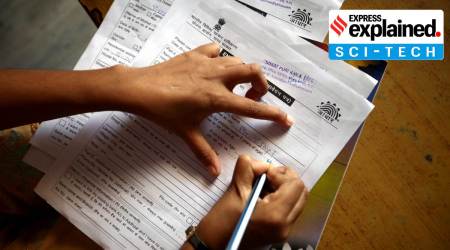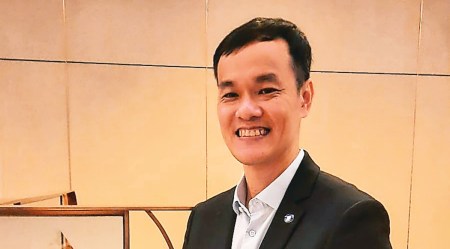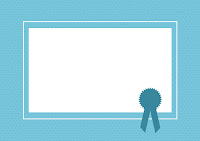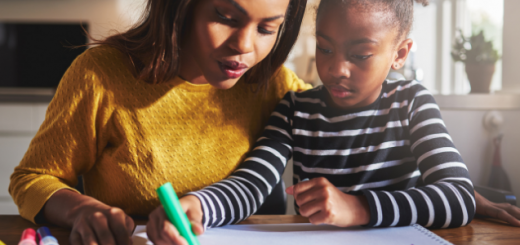Lack of attendance, virtual learning method: Here’s why K’tka high school students struggle with language subjects
The National Achievement Survey (NAS) 2021 revealed that students in Karnataka found it difficult to score in language subjects and have performed marginally lower than the national average. The high school students, especially of class 10, have achieved only 35 per cent in modern Indian Language compared to the national average of 41 per cent.
According to the data provided by the Karnataka Secondary Education Examination Board (KSEEB), the pass percentage in first language this year was recorded at 93.14 per cent compared to 93.32 per cent in 2020 and 94.16 per cent in 2019. The first language includes Kannada, Telugu, Hindi, Marathi, Tamil, Urdu, English, English (NCERT) and Sanskrit.
From virtual learning due to the pandemic to lack of attendance, teachers believe that there are many critical factors that have led to the downfall in the performance of students in language subjects. Teachers feel the lockdown has impeded the student’s learning skills, leaving them deprived of the basic understanding of alphabets as well.
“A class 8 student who progressed to class 9 and 10 in the last two years has lost touch to basic rules of language. This has contributed to a pass percentage of 77 per cent in Kannada, during this year’s SSLC result. However it is an increase of 10 per cent from 2018-19 but comparatively it is lower than other subjects,” says Vinay, vice-principal of Government High School, Yediyur. Vinay also mentions that the overall pass percentage of students opting for Kannada language has been decreasing in the school as majority of the students come from Urdu and other non-kannada speaking families, making it difficult for them to comprehend Kannada.
Teachers also believe that virtual learning in language is not a practical option while preparing for exams. Unlike mathematics or science, Kannada involves grammar that cannot be taught online, says Chandrashekar, a Kannada teacher at Government High School, Puttenahalli. “While online education is a setback, students hardly attended class last year as the mandatory attendance provision was lifted. The pass percentage in first language in this school has dropped to 57 per cent compared to 2019’s 97 per cent,” says Chandrashekar.
Teachers also blame the right to education model in private schools due to which students blame the lack of attention given to them in the quota, thus forcing them to transfer to government school without any skills. “A student under the RTE quota is not trained well because of the nature of the quota. Attention is given to those students who pay for admission. Hence, when the student reaches high school he is transferred to a government school, without basic education. This contributes to significant loss in learning across all subjects,” says Chandrashekar.
Vinoda M, headmaster of Government High School, Bijadi, Kundapura, says, “Atleast 50 per cent of students who passed out this year from the school lacked alphabetical knowledge. Out of which 30 per cent had to be taught alphabets from the beginning. Moreover, mobile addiction due to online classes have reduced their writing skills. This year, parents are hellbent against the practice of online learning, because they fear it is impeding their aptitude skills.”

